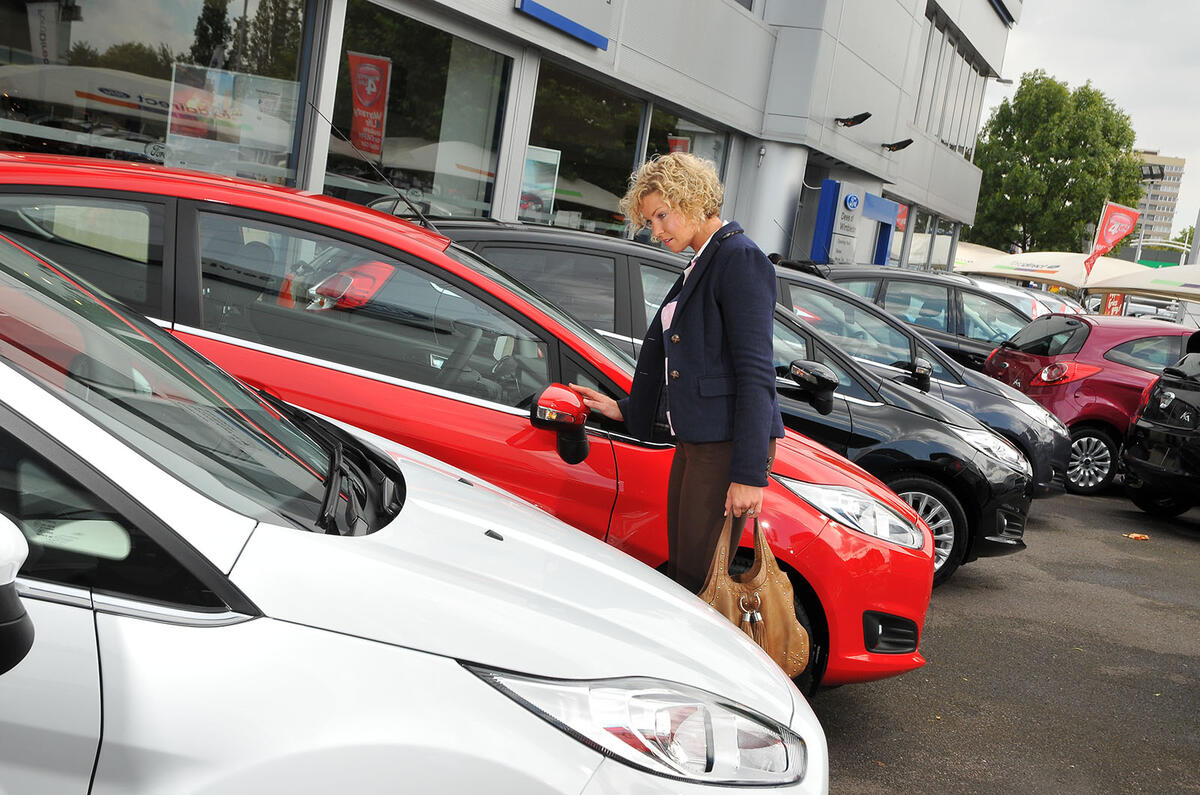There's an interesting topic of debate around profits versus sales volumes emerging at the 2016 Geneva motor show - and intriguingly it's coming from the opposite sources from those you might expect.
Predominantly, the volume boasts are coming from the premium makers, who appear to remain hellbent on selling more cars than each other come what may.
To get an idea of just how determined they are, I'd recommend a quick scout around some of the leasing sites, or a look at What Car?'s Target Price information, which states the most you should pay for a car after discounts. The main protagonists appear to be Audi, BMW, Jaguar and Mercedes - and there seem to be some crazy deals out there, and not just on outliers in the range or soon-to-be-discontinued stock.
However, contrasting messages are coming from the mainstream, and wannabe premium brands that have previously played the volume game too hard.
Take PSA Peugeot-Citroen, for instance. It grew sales marginally in 2015, but drove through efficiency gains internally and a policy of lower discounts externally. Its operating margin of 5% may be half that of Mercedes, but it eclipses VW by almost half again. From near bankruptcy, it is now the envy of all its competitors in Europe.
It's perhaps telling, then, that its DS arm is actively reducing sales by a significant amount - especially low-cost rental ones - as it bids to shore up residual values and play with the big boys. Residual values are so critical because they determine the PCP lease rates, which most private customers are now buying through, and handled correctly can make a premium-badged car the same price as a more mainstream one.
The question is, how long can this go on? The premium makers risk ruining residual values if they continue to sell at discounts and overstock the market, yet their volume aspirations mean they must keep the factories turning out cars that, in turn, they must shift. Those trying to fight the tide are caught in the same looping conundrum: if you're building cars, it's no good refusing to discount if you can't sell them.
Some are despondent that they didn't cut harder during the recession - especially around factory over-capacity. As ever, those in the strongest position are selling every car they can make. This isn't just the Ferraris of this world, who famously "make one less car than customers demand", but also the likes of Hyundai-Kia, whose factories are bursting at the seams to meet demand.
Some shrug and point to the continued health of the industry as evidence that the hard-fought sales race is as competitive as ever. Others, though, talk darkly about discounting being the timebomb that is waiting to go off, triggering a restructure of the industry that the premium makers may struggle to recover from.







Join the debate
Add your comment
Pal of mine looking for a
Coming from a man on the front line...
Less profit vs more sales...